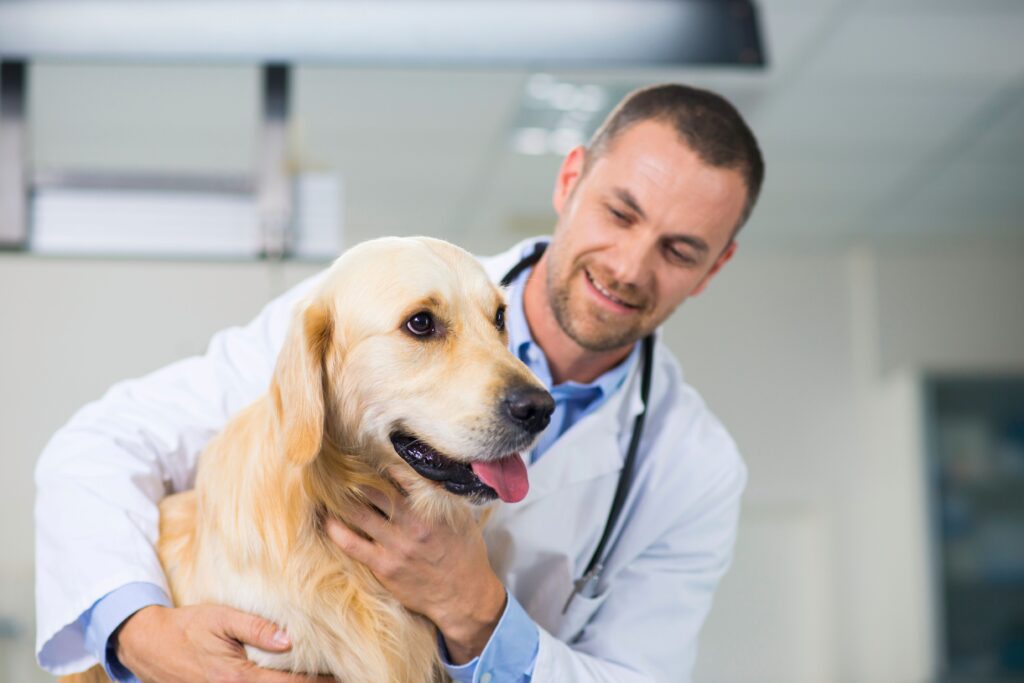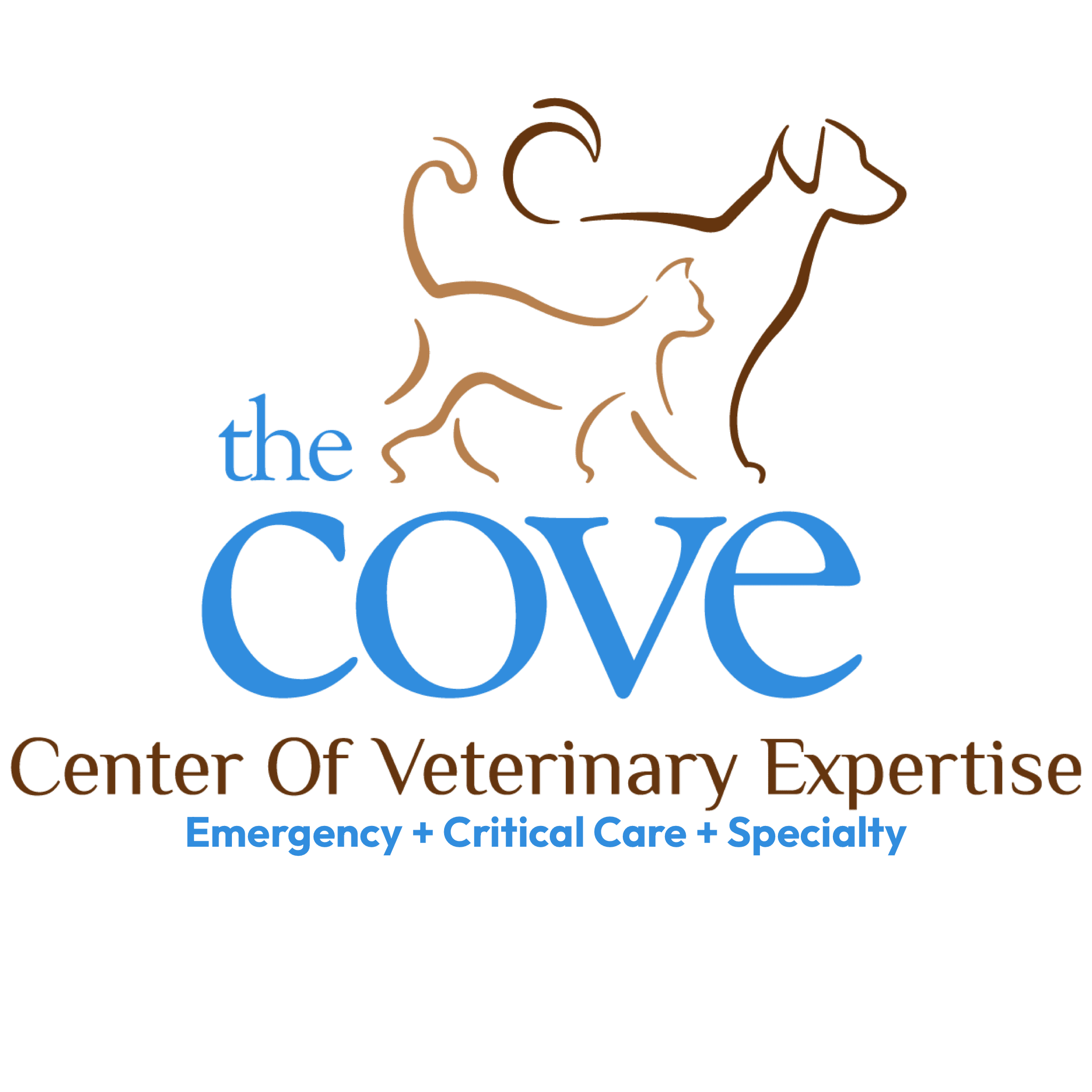Cancer is a word nobody wants to hear. For pet parents, there is the added burden of not being able to communicate with their beloved companion about it.
But the fact is, cancer is the number one disease-related cause of death for domestic animals. Fortunately in today’s world of advanced veterinary medicine, cancer does not mean the end is near. There are many proven treatment options available, but equally important is that pet owners become educated and feel empowered about their pet’s cancer care.
To help pet owners learn about the different types of cancer pets are susceptible to and to spot the signs as early as possible, November has been designated as National Pet Cancer Awareness Month. Here are a few tips to help you make the best choices for your family during this difficult time:
What to Look For
Diagnosing cancer early in pets can make a dramatic difference in ensuring a happy outcome.
It is essential to have your dog or cat examined at least annually by your primary care veterinarian to monitor their health. If your pet is older (senior- seven years or older), two visits a year are recommended.
Checking for lumps is one way to help detect cancer early and increase the chances of a full recovery. It is often difficult to tell the difference between a benign (non-cancerous) and malignant (cancerous) tumor just by looking at it or touching it. It is essential to monitor any growth and promptly call your primary care veterinarian if the mass changes in size.
Additionally, there are several warning signs of illness or cancer besides an external mass or tumor to be aware of. Your pet could have an internal cancer that is affecting their organs or lymph nodes, without a noticeable bump or lump. Here are the top warning signs for cancer, according to the American Veterinary Medical Association. If you find any of these on your pet, contact your primary-care veterinarian right away:
- Abdominal swelling
- Bleeding from the mouth, nose, or other body openings
- Difficulty breathing
- Difficulty eating
- Lumps, bumps, or discolored skin
- Non-healing wounds
- Persistent diarrhea or vomiting
- Sudden changes in weight
- Unexplained swelling, heat, pain, or lameness
- Visible mass/tumor

Be Proactive
Not all cancers can be prevented, but there are things pet parents can do to minimize the risks.
- Start with proper nutrition and regular exercise. In addition to helping stave off some cancers, these healthy habits have the added benefit of reducing your pets’ chance of getting diabetes.
- Spaying or neutering your pet significantly reduces the risks of certain types of cancer.
- Keep your pets’ teeth clean. Regular brushing and annual dental exams can reduce the risk of oral diseases.
Treatment
Once your pet has been diagnosed with cancer, your primary care veterinarian will speak with you about available treatment options, including medical and/or surgical options. They may refer you to a cancer specialist (a veterinary oncologist) for further testing, and/or a board-certified veterinary surgeon, like Dr. Jeff Stallings here at The COVE, for advanced surgical care. Know that pets can often tolerate many types of cancer therapies better than humans.
Don’t be afraid to ask questions. Having a keen understanding of what is happening will improve your pet’s chance of a speedy recovery and will provide you with some much needed peace of mind. Your pet’s comfort is also essential. Be sure to discuss pain management techniques with your health-care professional so your furry loved one can heal as easily as possible.

Follow Up
While your dog or cat is undergoing treatment, it is vital that you follow any instructions you receive. These instructions will be designed specifically for your pet and are essential to their recovery.
Keep a Positive Attitude
Cancer can be a difficult hurdle for you and your pet to overcome. But with preventive measures, early intervention, good medical care, and a loving environment, your pet will have a fighting chance of recovery.
To learn more about cancer in pets, visit the American Veterinary Medical Association’s website, NC State Veterinary Hospital’s resource on commonly encountered tumors, or VetsSpecialists.com oncology section.
About Us
The COVE’s veterinarians and staff wholeheartedly embrace the core values of community, collaboration, commitment, compassion, and integrity. This focus ensures that pets, the people who love them, and their primary care veterinarians have as positive and affirming a healthcare experience as possible, regardless of the circumstances that bring us all together.
